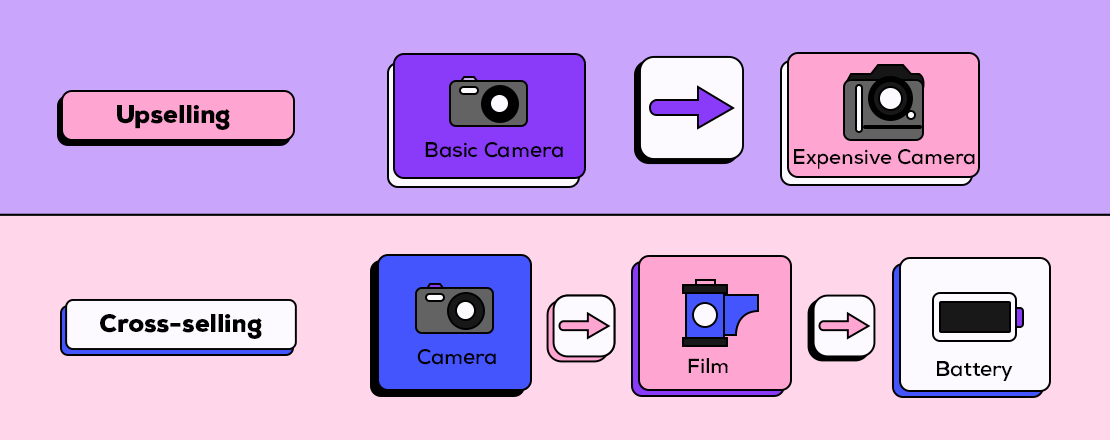Banking has come a long way technologically in the past couple of decades. The digital age has made information transfer and payment processing faster than ever, but with that, consumer expectations have grown in kind. This means that banks experience new challenges each year to keep their processes efficient and keep their clients happy.
The top challenges facing the banking industry in 2022 include:
- Responding to new regulations
- Enhancing the mobile experience
- Integrating AI
- Payment processing costs
- Omnichannel integration
Let’s discuss how these challenges affect the banking industry and what they’ll need to do to overcome them.
.jpg?width=600&name=shutterstock_2018207942(1).jpg)
Responding to New Regulations
As technology moves the banking industry forward, new regulations are laid out to ensure that innovation doesn’t come at the cost of consumer protection. These regulations cover many potential issues, like data security and consumer privacy. As these regulations become more complex and far-reaching, banks will need to increase their expenditure on compliance to ensure that they can keep up.
Enhancing the Mobile Experience
One thing that consumers have become accustomed to is the ability to do almost everything from their phone. Banks that want to stay competitive have to increase their focus on a streamlined mobile experience, either by developing one in-house or contracting with a software company to design one for them.
There are pros and cons to each of these approaches:
|
In-house Development |
Third-Party Platform |
|
Pros:
|
Pros:
|
|
Cons:
|
Cons:
|
Integrating AI
Artificial intelligence has been used in banking primarily to automate risk assessment and predict upcoming consumer needs and preferences. This helps banks craft new offers and spend less on the labor required to qualify specific applications.
Banks that have yet to integrate AI typically either don’t have a clear idea of how they’d use it or haven’t invested the capital required. By creating a plan to mitigate other costs with AI, these firms can get a clearer view of how they can invest in it without too much financial risk.
Payment Processing Costs
There are several processing costs associated with transactions how they are currently handled. Processing costs are paid to credit card networks, payment processors, and the banks offering the funds, and when international transactions are made, there are even more costs involved.
Banks can work to decrease the costs involved by implementing technologies like blockchain, which allows businesses to perform transactions with fewer limitations and lower costs. Banks do this by using “stablecoins,” which represent a given fiat currency. This technology makes transactions easier when made outside of the Federal Reserve’s banking hours and reduces the cost of domestic and international transfers of funds.
Omnichannel Integration
Banks and lenders that are able to meet consumers no matter how they like to shop or interact with their financial institutions will often perform more competitively than those who don’t. Omnichannel integration is the ability of banks to offer funding through any channel of communication or point of sale.
While banks could try to do this on their own, just like with their mobile apps, a third-party may make things much easier and more efficient. There are many fintech companies that offer tried-and-true software platforms that help banks and lenders connect with merchants and consumers seamlessly, no matter the channel. We at Skeps offer a truly omnichannel platform that does just that.
Skeps Helps Lenders Overcome Challenges Facing the Banking Industry
Skeps offers the only end-to-end POS financing platform that makes it easy for lenders to connect with merchants and consumers alike, no matter the scale at which they operate. Our tried-and-true interface allows for one-click applications for any number of finance products, and our simultaneous lender matching system offers the fastest possible approvals.
Do you want more information about overcoming the challenges facing the banking industry? Request a demo today or email us at support@skeps.com.















